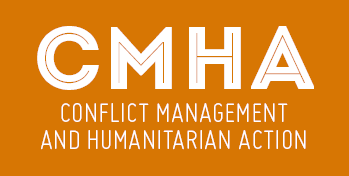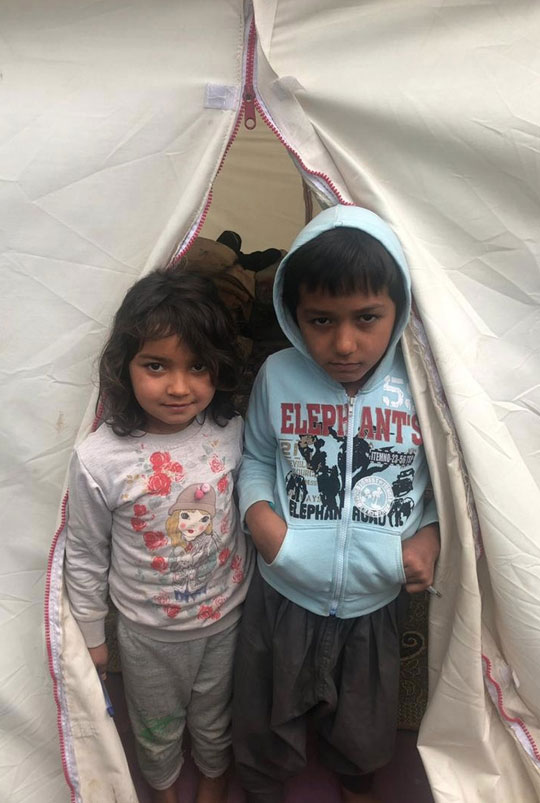Pillar III
MIGRATION AND HUMANITARIANISM
Co-ordinator: Francesco Olmastroni
Modules:
1. Geopolitics of displacement
The ‘holy’ boundaries of the nation-states have been questioning in many ways in the post-Cold War scenario. Even if many politicians and the so-called left-behind voters tend to increasingly support old and new nationalist approaches to politics, it is self-evident that several problematic aspects go beyond the competences of any single state. Climate change, refugee issues, company relocations and terrorism are just a few of those issues that can be fully understood and addressed only at a supranational level. Our aim here is to deal with such complicated and pressing topics from an unusual point of view. That is, showing how an extractive and predatory model of economic development produces environmental disasters and human displacements, creating in turn serious challenges for the survival of the planet and great political conflicts.
2. People on the move, food security
The module presents key challenges such as ending hunger, ensuring food security and sustainable food production, as well as improving nutrition. This unit equips students with a critical understanding of food systems, links from food production to consumption, livelihoods, secure and safe access to food for all, and food utilisation. The module considers diverse understandings of food, from rights based approaches embedded in the food sovereignty discourse, to food security, and food as a commodity. It explores sustainable development, environmental and resource management and conservation, and agricultural/rural production systems, as well as aid and trade.
3. Migration: effects on health and equitable right to healthcare
The estimated number of displaced people has rapidly increased in the 21st century. Several factors, including war, natural disaster, poverty, violence and traumatic migration, but also prolonged asylum processes, detention, discrimination, and acculturation had a significant effect on the health and the prospect for leading a high standard of life in the receiving country. Students receive examples of migration related trauma and post-traumatic stress disorder, but also issues related to national health systems and access to care.
4. Protection and migration
The module addresses the legal aspect of protection in migration context. Legal tool are often used to address and prevent harmful practices and degrading treatments to people on the move and helpers. The seminar will discusses and evaluate case studies mainly from central Mediterranean and Balkan routes.



